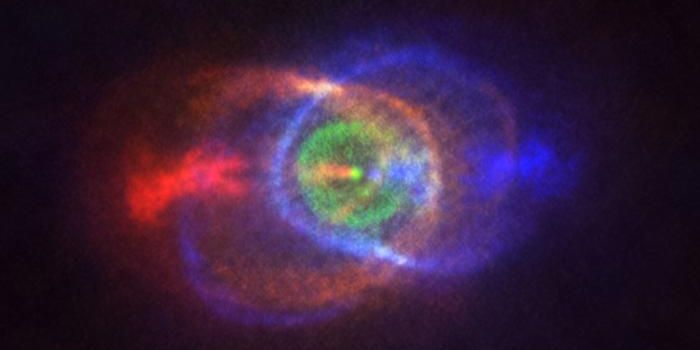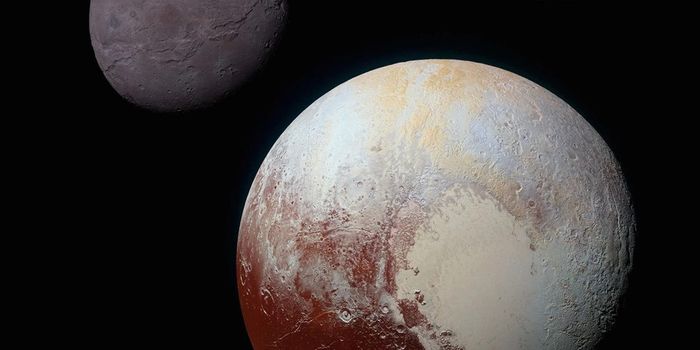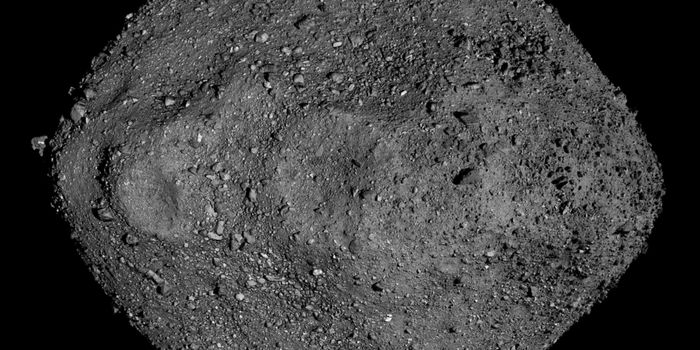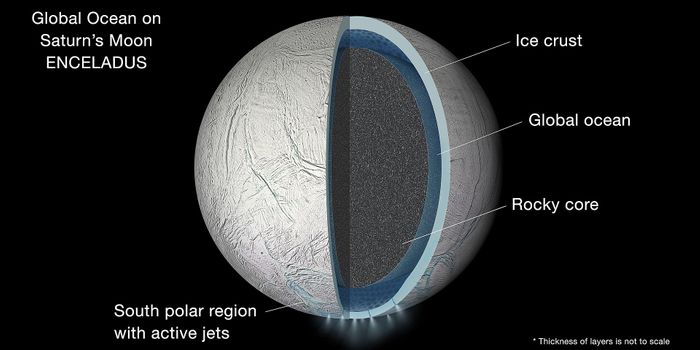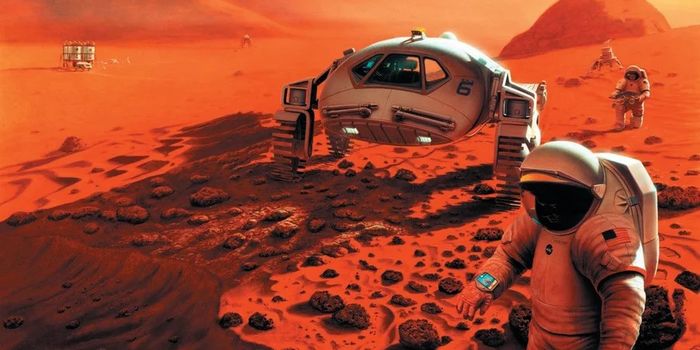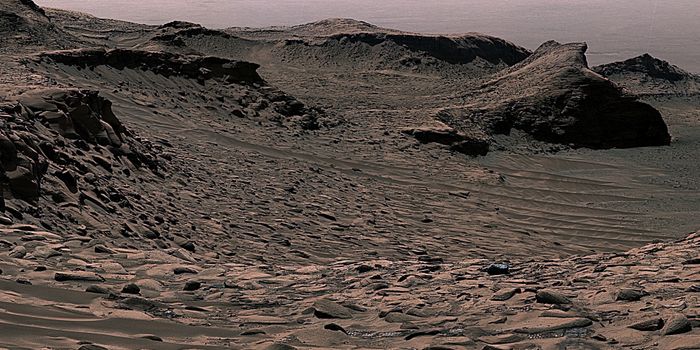NASA is Looking for a Planetary Protection Officer
Space exploration is becoming a staple of modern science, which means we’re sending more landers and satellites into outer space today than ever. From a research perspective, sending these advanced spacecraft to their destination in our solar system is a great move, but there are more things to take into consideration than just what we might find.
One of the most important of them all is what could be riding along on our spacecraft. Indeed, things we send into space are teeming with microbiology that spawned right here on Earth, and those microbes could potentially contaminate their future landing sites.
Image Credit: Skeeze/Pixabay
For instance, future missions to put humankind on Mars and to visit potentially habitable moons in our solar system, such as Enceladus, Europa, or Titan will need to be planned carefully to ensure that biology from Earth doesn’t hitch a ride and contaminate these environments.
If it did, it could throw false positives about what we find; or worse, it could behave invasively and negatively impact existing life forms.
Additionally, bringing spacecraft back home from other places in the solar system needs to be conducted in a similarly safe fashion. Just as we don’t want to contaminate other worlds in the solar system with Earth-based life, we don’t want to contaminate our planet with life forms that could potentially reside in the other worlds we visit.
One of the problems we face is that bacteria have already proven how it can survive in outer space, so during long trips to other asteroids, comets, moons, or planets, these bacteria will multiply and thrive until they eventually arrive at their destination, where they can wreak havoc.
Related: Life can adapt to microgravity, research finds
To help coordinate the process of sterilizing spacecraft that both leave and enter our atmosphere, NASA is hiring for a new position entitled Planetary Protection Officer, and it comes with a generous six-figure salary ranging from $124,406-$187,000.
The position opened in mid-July and will close in mid-August, so there’s still time for applicants to try their luck at the job. As you can imagine, it's not intended for the average Joe; it lists a whole host of prerequisites.
NASA wants a qualified individual with a smorgasbord of expertise in space exploration, physical science, engineering, and mathematics, as well as a solid sense of diplomacy to oversee this department to ensure its success.
As the future of space exploration appears to be taking a turn for physical landings rather than flybys, the position will be a critical one.
Source: Business Insider


